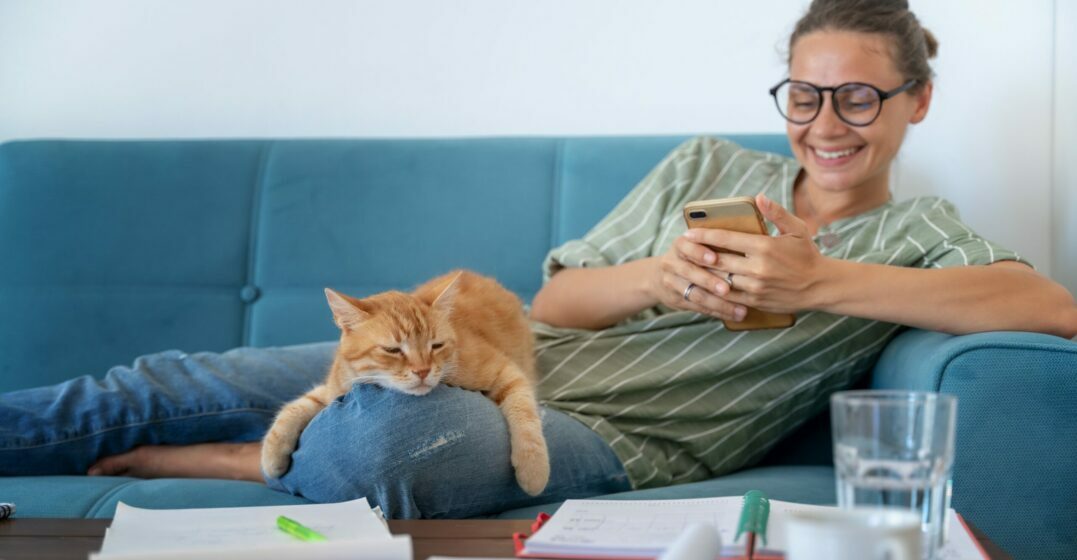by Rebecca Dean
Updated on January 8, 2024
One of the best and easiest ways to expand your German vocabulary is to learn words that are related to each other. And what better subject than German words for animals? If you think Tiere sind toll (animals are great), then stay tuned!
When you learn the nouns, make sure you study the article (der, die, das) as well. You’ll need this later to declinate the words correctly, so it’s always best to memorize the two as a unit.
Here are 40 of our favorite German animal words.
We’ll start off the list with the words for beliebte Haustiere (popular pets) in Germany. Here goes:
Old MacDonald hat ‘ne Farm in Germany too! Here are some great German farm animals to learn.
Learning words to describe wildlife in Germany is also a great way to get to know the country’s nature. So what animals actually live in Germany? Here’s a list by habitat.
Whether you’re in the barnyard, at the zoo or the vet, you can impress your friends if you know how to say which part is which. Here’s a list of useful vocabulary for animal parts in German.
Learning the gender for nouns in German can definitely be challenging for English speakers. Like we mentioned above, you should really always learn the article together with the word to spare yourself some grief in the long run.
The bad news? For the most part, you just need to memorize which article goes with each noun.
The good news? A few article-learning hacks do exist. Here are two that can help make your animal vocabulary-learning life easier.
Diminutive -chen endings are common for animal names. These nouns always take the neutral das (e.g. das Meerschweinchen, das Eichhörnchen, das Kätzchen (kitten) )
Many animal nouns end in -e, and they almost always take the feminine die (e.g. die Katze, die Schnauze, die Schlange)
Whether you truly have ein Herz für Tiere (are fond of animals) or you’re just looking to expand your Wortschatz (vocabulary), German animals are definitely great words to learn. So head off to der Wald (woods) and track some bears if you dare, or to die Ostsee (Baltic Sea) to watch die Möwen (seagulls) glide through the air – and bring your Karteikarten (flash cards) with you!
